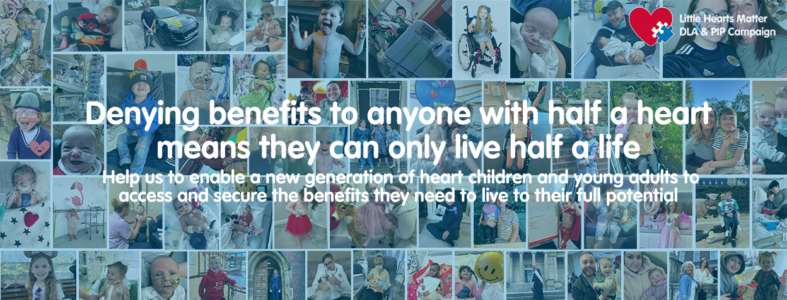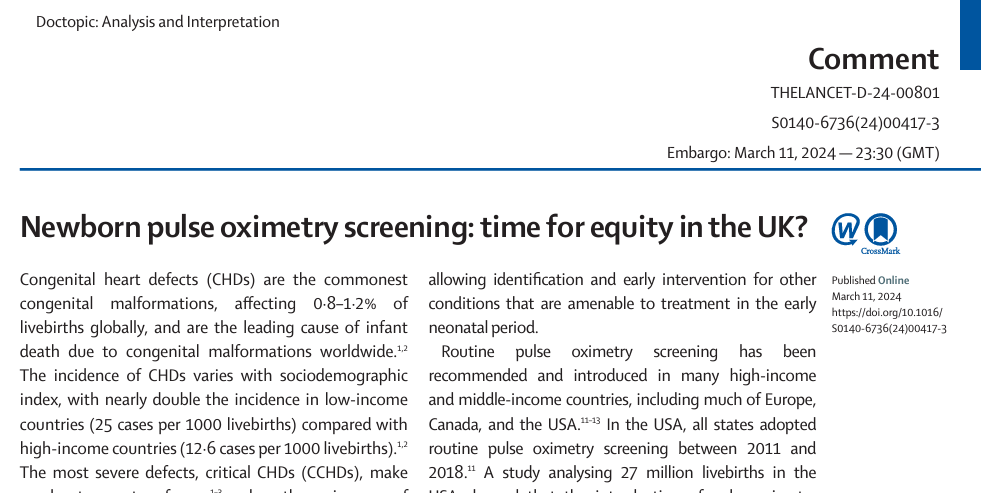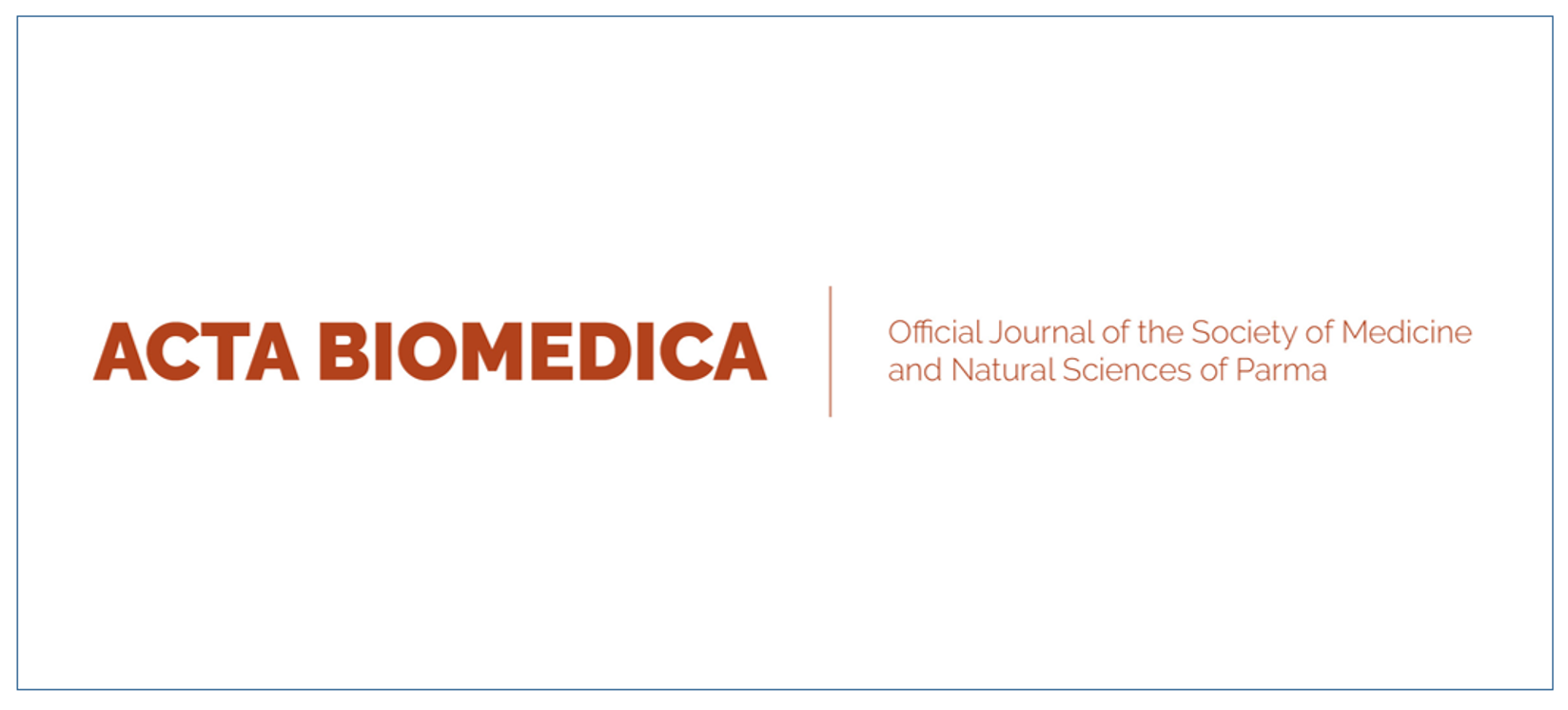
Enhancing discharge preparation for parents after complex cardiac surgery: evaluation of an e-learning resource for nurses
A quality improvement project was undertaken between 2018 and 2021 to equip healthcare professionals including children’s cardiac nurses with the knowledge required to use the Congenital Heart Assessment Tool (CHAT)
Neurodevelopmental and Mental Health Outcomes in Patients With Fontan Circulation: A State-of-the-Art Review
Neurodevelopmental and Mental Health Outcomes in Patients With Fontan Circulation: A State-of-the-Art Review Children, adolescents and adults living with Fontan circulation face numerous neurological and developmental challenges. Many patients with
Psychiatric Disorders in Adolescents With Single Ventricle Congenital Heart Disease
Psychiatric Disorders in Adolescents With Single Ventricle Congenital Heart Disease The authors of this research article examined psychiatric disorders and psychosocial functioning in adolescents with single ventricle CHD and to
What does good care look like to people living with congenital heart disease in the 21st century? Qualitative online, asynchronous discussion forums
The aim of this article was to elicit perspectives of people with congenital heart disease (CHD) and/or their parents/carers about their experiences of healthcare and what is important to them
Children’s informed signified and voluntary consent to heart surgery: Professionals’ practical perspectives
This literature discusses children’s consent generally assume that patients aged under-18 cannot consent until around 12 years, and cannot refuse recommended surgery. Children deemed pre-competent do not have automatic rights
DLA & PIP survey results
Please click here to read the results collected from our DLA and PIP survey.
Neurodevelopmental Outcomes in Children With Congenital Heart Disease: Evaluation and Management
The present study aims to review the available literature on surveillance, screening, evaluation, and management strategies and put forward a scientific statement that would comprehensively review the literature and
Newborn pulse oximetry screening: time for equity in the UK?
Congenital heart defects (CHDs) are the commonest congenital malformations, affecting 0·8–1·2% of livebirths globally, and are the leading cause of infant death due to congenital malformations worldwide. Please click
Fontan Circulation Associated Organ Abnormalities Beyond the Heart, Lungs, Liver, and Gut: A Systematic Review
The present study aims to add to the current literature by providing a review of abnormalities described in organ systems beyond the heart, lungs, liver, and gut for patients with